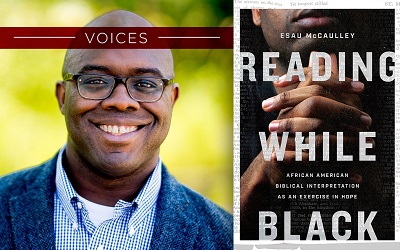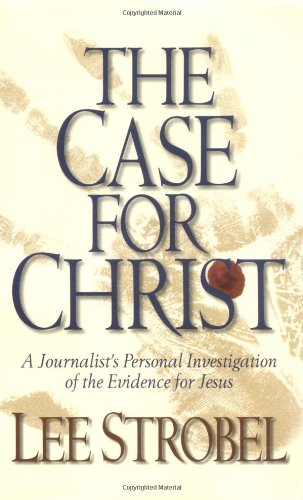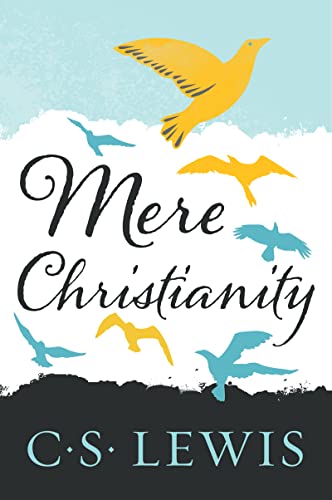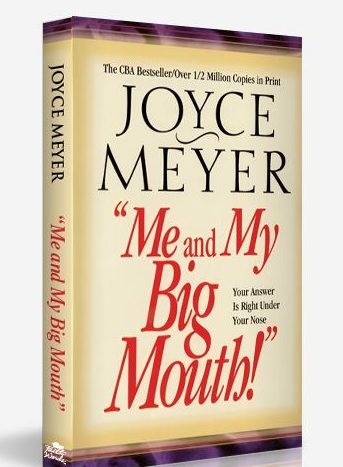Reading While Black pdf book: African American Biblical Interpretation as an Exercise in Hope. Reading While Black pdf book by Esau McCaulley teaches Black Christians how to reconcile the faith they follow with the one that promoted the oppression of thier ancestors. Reading while black pdf book also provides an excellent history on how Black religious leaders and scholars of the past interpreted the Bible to give black people hope and freedom.
Reading While Black Summary (Excerpted from Goodreads)
McCaulley begins his book Reading While Black, by explaining that the Black church tradition is known for: advocating justice, affirming that Black people have worth, and promoting a “multi ethnic” body of believers. He spotlights how Black Christianity has always challenged White Slaveholder Christianity, from the days of slavery to our current moment. McCaulley states that American culture may deny dignity and hope to Black Christians, however they are able to find these two truths in the Bible.
Dr. Esau McCaulley says a resounding NO To some Black Americans who see reading the bible as an exercise in despair and subjugation, since American history has shown that the Bible has been used to promote slavery, segregation, and Black inferiority. Dr. Esau McCaulley points out that reading the Bible can be an exercise in hope, we just need to know how to read and interpret it correctly. Reading While Black would be a great book to study in Black Churches especially, for adults and teenagers. Highly recommended!
READ
- Gentle and Lowly pdf Summary Insight by Dane C. Ortlund
- The Ruthless Elimination of Hurry pdf Summary by John Mark Comer
About Esau McCaulley Author of Reading While Black pdf Book

Esau McCaulley (PhD, St. Andrews) author of reading while black pdf book is assistant professor of New Testament at Wheaton College and a contributing opinion writer for The New York Times. He is also the host of The Disrupters podcast. He is the author of Reading While Black, Sharing in the Son’s Inheritance, and numerous articles in outlets such as Christianity Today, The Witness, and The Washington Post.
Reading While Black pdf, Paperback, Hardcover Book Information
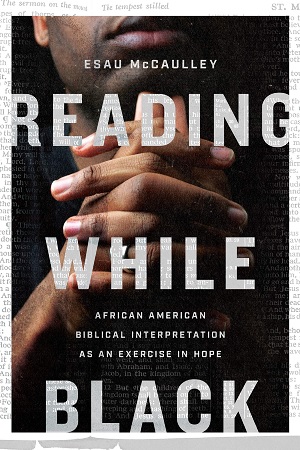
- ASIN : B086KQSS2X
- Publisher : IVP Academic (September 1, 2020)
- Publication date : September 1, 2020
- Language : English
- File size : 4619 KB
- Text-to-Speech : Enabled
- Screen Reader : Supported
- Enhanced typesetting : Enabled
- X-Ray : Enabled
- Word Wise : Enabled
- Print length : 200 pages
- Lending : Not Enabled
- Best Sellers Rank: #33,570 in Kindle Store (See Top 100 in Kindle Store)
- #3 in Christian Church History (Kindle Store)
- #4 in Christian Hermeneutics
- #5 in Religious Studies – Sociology
- Customer Reviews: 4.8 out of 5 stars 1,818 ratings
Reading While Black Book Reviews(Amazon.com)
5.0 out of 5 stars For A Time Such As This
Reviewed in the United States on September 1, 2020
Verified Purchase
I greatly enjoyed reading this work by Dr. Esau McCaulley. It was the balm my soul needed.
In a time where many are deeply wrestling with questions like these:
“Is the God of the Scriptures truly a God of justice?”
“Does God care about the perils of the oppressed?”
“Is Christianity in some sense at its core, truly the white man’s religion? Is Jesus truly a Savior for Black people?”
“Am I wrong for believing that the Scriptural witness leads us away from complicity with the status quo?”
“Were my African ancestors foolish to trust in Jesus?”
Esau takes us back to consider the wisdom and faithfulness of the historic Black Church tradition that is often undervalued in many circles as he combines his own life story with necessary historical, theological, and cultural reflection.
5.0 out of 5 stars Reading While Black is Valuable for Those Who Are Reading While White
Reviewed in the United States on September 2, 2020
Verified Purchase
I have been following Esau McCaulley’s rise in the last year or so as he has had pieces published in the New York Times, Washington Post, etc. I found him to be an engaging writer wrestling with issues of race from a place theological orthodoxy within the Anglican Tradition (a place I share with him as an Episcopal clergyman). I reserved a copy of Reading While Black while also wondering why if it would be relevant to a white guy like me. Dr. McCaulley quickly exposes the fact that a black reading of Scripture is at best in Evangelicalism’s blind spot, and is at worst ignored and dismissed out of hand. Rev. McCaulley proves the merit and necessity a black reading of Scripture which is vitally important for all of the Church, especially in these times of unrest.
5.0 out of 5 stars A much needed voice which has been missing in Biblical interpretation!
Reviewed in the United States on September 2, 2020
Verified Purchase
This book celebrates the Bible as the Living Word speaking to the people and issues of our day. Dr. Esau McCaulley is a historian, a theologian, and a lover of Jesus who models for us an authentic faith born out of adversity and steeped in redeeming hope. BUY THIS BOOK! I highly recommend everyone read it. It is a testament to the lived experience of African American Christians, but it will also resonate with anyone who has experienced trials and discrimination. Your reading and application of Scripture will be enriched as a result of reading this book. Seriously, buy it!
2.0 out of 5 stars A review by an Amateur Anglican
Reviewed in the United States on December 31, 2020
Verified Purchase
In the Apostle’s Creed there is a single phrase within one sentence that includes the Church: I believe in the Holy Spirit, the holy Catholic Church, the communion of saints, the forgiveness of sins, the resurrection of the body, and the life everlasting. In the Nicene Creed, there is more flesh on those bones: We believe in One, Holy, Catholic, and Apostolic Church. As Anglicans, we are creedal, not confessional.
So, imagine my confusion when an Anglican priest starts talking about a “white” and a “black” church as if they are real things. Yes, I can hear you saying “but, you know what he meant.” Yes, I do and I don’t. He never clearly sets the context, so many times he simply assumes things without stating them explicitly. An important context of this book is “here in the United States, and predominately in certain geographical areas there are denominations and even some congregations within larger denominations that are comprised predominately by descendants of freed slaves of West African extraction.”
I’m going to guess that Dr. McCulley didn’t want to confuse his target audience. This book is really intended as a love letter to the preaching in churchs of the descendants of freed slaves in the United States. Those churches are predominately Baptist in polity and tradition and references to the creed might not be well received.
A significant part of my disagreement stems from this entire idea of race. Race is an artificial construct of the early modern scientific era as scientists tried to understand why different people groups had different skin tones and body structure. Some dude filling skulls with sand is not sound science. DNA pretty well refutes any attempt to create seperate races, we are The Race of Adam. To speak of races is to accept the lie of the slave masters, that God by giving us our various physical attributes was making ontological distinctions, rather than a good and merciful God who suited us up for our various geographical and climate needs.
There is also no serious mention of the abolishionist movement. It’s almost as if he couldn’t bear the thought of possibily including somthing contra-narrative. But that is pure speculation on my part.
Conclusion
So, do I recommend the book? Only if you think your nerves can handle it. And right now, a lot of us on the theological and political right have fried nerves.
SJT
5.0 out of 5 stars Words Matter!Reviewed in the United Kingdom on September 10, 2020
Verified Purchase
I had to work hard to read this book and really take time to think it through – which are good things because there is so much to consider and think about! Wonderfully, Dr McCaulley takes Black theological and scholarship techniques and applies them widely.
Now, I’m seeing the Ethiopian Eunach in a completely different light, as one who identified with the humiliation and suffering of Jesus due to his own social shame. Loved the chapter on Zechariah and Elizabeth and their faithfulness compared to the elder Black Church generations, holding onto hope as yet unseen and encouraging in their stance to younger generations keeping going, and enduring too. Also how God, the ultimate people creator, delights in and loves diversity in unity – how important it is that our ethnicity and physical form will endure through to the New Heavens and the New Earth. It really touched me that if we don’t value and listen to those who are different we lose out – we miss something, an insight, a view, that someone different from ourselves has. We need to make the table bigger!
The chapter on black and brownness in the historical Bible is fascinating and I wonder why we’ve allowed ourselves to make everyone blonde haired and blue eyed, at all. Why don’t we see what is obvious? How have we managed to miss the Africans and more in the Bible? There’s also a robust and erudite challenge to Christianity as the ‘white religion’, and how the Black Church used the whole of the Bible, not just the social justice angle – although this is an important element. Rightly the author reminds us that we all bring our own points of view to interpreting the Bible, but breathtakingly we need to let the Bible interpret, speak to us and change us! Maybe we don’t do this enough.
Painstakingly, Dr McCaulley carefully works through slavery in the Bible and what is means. He brings us to a God of compassion, who in setting up cities of refuge and enabling fair treatment, escape and freedom of slaves, reveals Himself as a God of freedom, not pro-slavery. Just people didn’t want to hear. In highlighting the difference between God’s perfect will and the Laws set up to work around the evil nature and desires of people, Dr McCaulley shows us how slavery was meant to be phased out not phased in. In light of this, anger, hurt and pain can legitimately be brought to the Cross, trusting that God will judge, restore and heal in this life and in the life to come. That this present state isn’t what He wanted for us.
Also seeing Onesimus as an escaped slave not a run away – words matter!
Felix Christof
5.0 out of 5 stars Understanding the black experienceReviewed in the United Kingdom on April 14, 2021
Verified Purchase
Few books have been written from the Black Christian perspective and even fewer with the depth of theological insight that the author of “Reading while Black” gives us. Essential reading for anyone who wants to understand how the church should responded to racism.
Get A Copy of Reading While Black pdf or Paperback by Esau McCaulley
You can get a copy of reading while black pdf or paperback by Esau McCaulley
